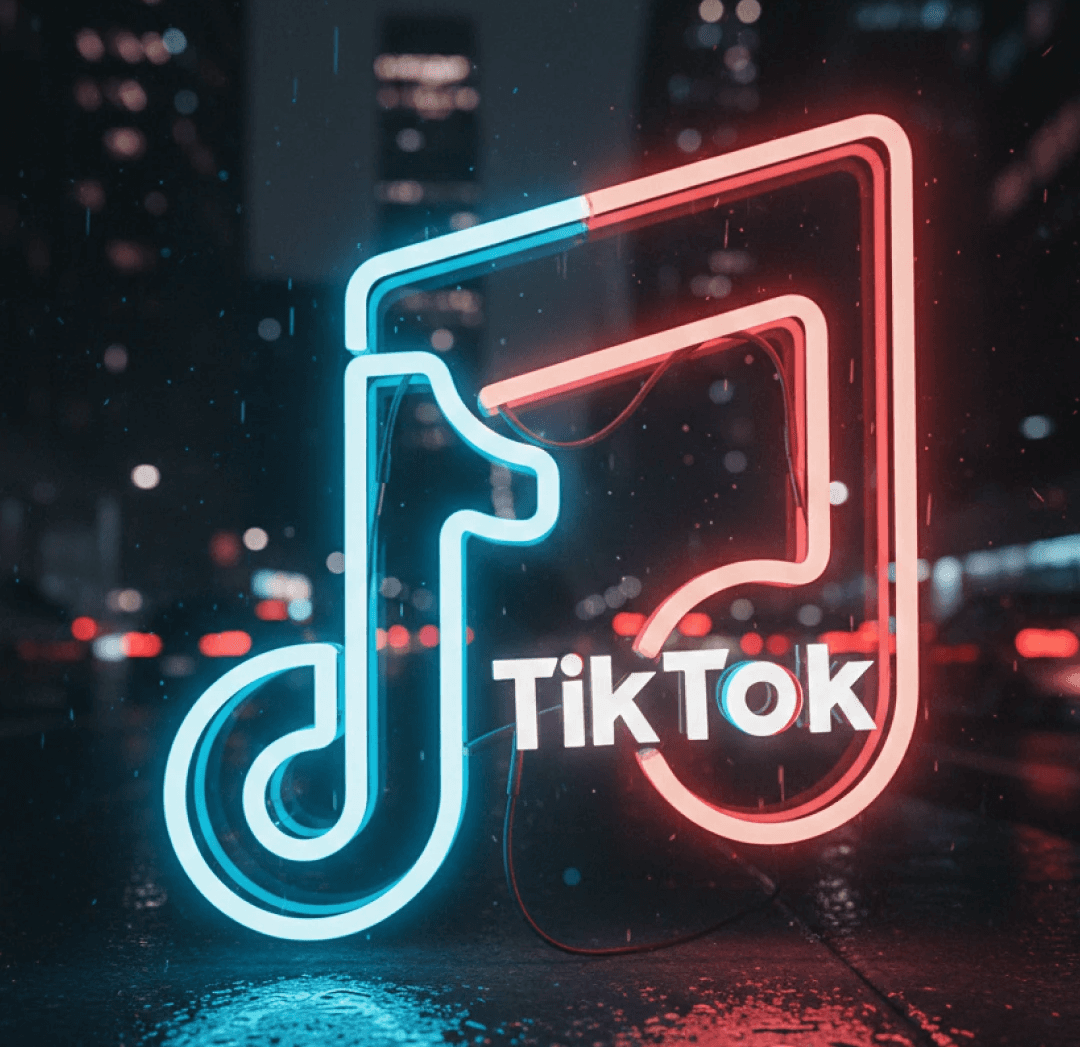Google has officially announced its next major hardware event, scheduled for August 20, 2025, where it is set to unveil the highly anticipated Pixel 10 series alongside a new lineup of ecosystem products. This announcement not only marks the next chapter in Google’s Pixel journey but also sets the tone for how the company plans to compete in the increasingly integrated tech landscape dominated by Apple and Samsung. The event will take place just ahead of the fall product cycle, positioning Google to generate momentum before competitors reveal their next-generation devices. The Pixel 10 series is expected to introduce significant upgrades in design, performance, and AI capabilities. Rumors suggest the devices will feature a newly optimized Tensor G4 chip, enhanced thermal efficiency, and refined battery performance. The camera system, long regarded as one of Pixel’s strongest assets, is projected to receive hardware upgrades and new computational photography features powered by Gemini Nano AI models running locally on-device. Google is also expected to make the devices slimmer and lighter, with more sustainable materials and a titanium frame for the Pro variant. But beyond phones, the event will showcase Google’s broader ecosystem ambitions. Leaks and supply chain reports indicate the unveiling of a new Pixel Watch, possibly the Pixel Watch 3, with extended battery life, improved health sensors, and tighter Fitbit integration. A refreshed Pixel Buds series may also appear, with better ANC and spatial audio support. Most intriguing, however, is the possibility of Google debuting a new foldable device—perhaps a Pixel Fold 2—built on the lessons of its earlier iteration and designed to offer a more refined multitasking experience. This year’s event theme centers around AI and ambient computing, signaling Google’s deepening focus on seamlessly integrating smart features across devices. The Pixel 10 is expected to offer on-device AI functionalities like live summarization, advanced call screening, real-time translation, and offline voice assistants—all without compromising user privacy. Android 15, which will ship natively with the Pixel 10, is also rumored to include personalized AI interfaces, advanced adaptive battery settings, and dynamic multitasking tailored for larger displays. In the context of the broader market, this event represents a crucial moment for Google. With increasing pressure from Apple’s expanding ecosystem and Samsung’s innovation in foldables and wearables, Google is working to solidify its identity as both a hardware and software powerhouse. The Pixel line, once considered a niche product for Android purists, has steadily gained traction thanks to its clean UI, fast updates, and tight integration with Google services. With the Pixel 10, the company aims to push beyond that and appeal to mainstream consumers seeking high performance, AI-centric experiences. Strategically, this event also highlights Google’s commitment to vertical integration—controlling both the hardware and the software stack to deliver tightly optimized experiences. This approach mirrors Apple’s philosophy and has allowed Google to prioritize its AI models for real-time tasks like smart replies, photo editing, and personalized UI behavior. These advancements are part of Google’s broader Gemini AI initiative, which seeks to embed conversational intelligence and proactive assistance into every interaction with the user. The event will likely be live-streamed globally and accompanied by product demos, partner showcases, and interactive content to engage the developer and consumer communities. Pre-orders for the Pixel 10 are expected to open immediately following the event, with availability in key markets—including the US, UK, India, and Japan—rolling out in late August. As the tech world awaits the unveiling, expectations are high. Google’s August 20 event is more than just a product launch—it’s a statement of intent. With AI at the core, improved hardware across its portfolio, and a renewed emphasis on user privacy and personalization, Google is gearing up to redefine its place in the global tech hierarchy. Whether it can deliver a cohesive, compelling vision that resonates with users across devices remains to be seen, but the groundwork laid so far points to one of Google’s most ambitious hardware pushes in recent memory.Ask ChatGPT
NEVER MISS A THING!
Subscribe and get freshly baked articles. Join the community!
Join the newsletter to receive the latest updates in your inbox.






